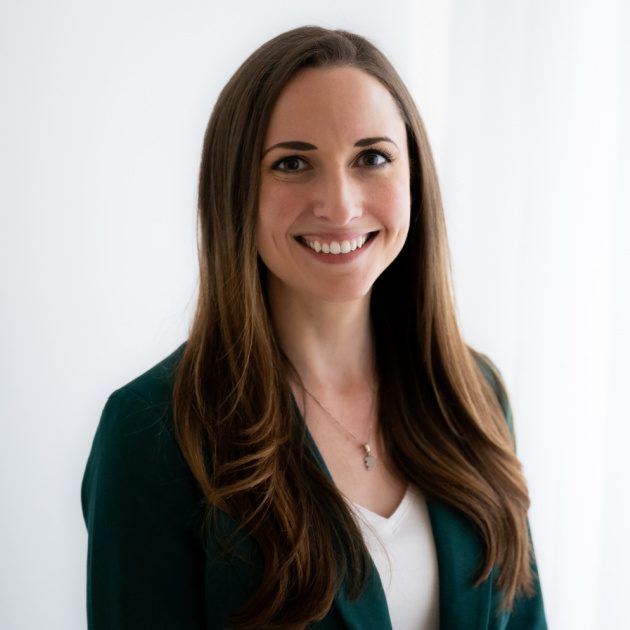First Responders
Therapy for Chicagoland First Responders
Emergency medical professionals, police officers, firefighters, and others who are on the scene during emergencies, accidents, and violent or traumatic events can experience some very difficult moments. Many people in these professions get started because they want the opportunity to really help people in their communities, but helping those in need means first responders get a glimpse into some really tough situations. The very high highs and very low lows can leave first responders feeling out of sorts. For some, a culture of “invincibility” makes it difficult to reach out when they need help, but sometimes, the helpers need help too – and that’s okay. At Counseling Works, we welcome first responders. On this page, you can learn a little more about counseling solutions for first responders in Chicagoland.
First Responders – Stress, Anxiety & Trauma
With the challenges of their jobs, it’s no surprise that first responders experience higher levels of stress and anxiety, and they can be involved in or witness traumatic events that lead to adverse effects in their daily lives. If you work in a caregiving field, you may feel pressure to always be “on” or be able to handle anything on your own. Unfortunately, that’s not how our minds and bodies work. Think about stress, the traditional physics definition. Stress is the amount of pressure an object, like a bridge, is built to handle without breaking. Just like a bridge, building, or another object, our brains and bodies are built to be resilient, and we can handle a lot of stress. However, everyone has a breaking point. You may be able to handle stress and traumatic experiences for years as a first responder, but one day, it can catch up to you. When that happens, working with a counselor can help you relieve some of the pressure, repair some of the stress damage, and feel strong and sturdy again.
Taking on Stigma
We know that many first responders hesitate to schedule counseling sessions with us because of the stigma attached to therapy. Many first responders and those in caregiving professions think that, if they ask for help, they’re weak or less heroic, but imagine if the people who rely on you didn’t feel like they could ask for help? Helping others is what you do, and there’s no shame in asking for help yourself. We know that may not make it any easier, but we hope it helps you start feeling a little more comfortable reaching out.
Understanding Trauma & PTSD
Many people think of trauma and post-traumatic stress disorder (PTSD) as an illness, but it’s more accurate to think of it as an injury. Trauma does real damage to your brain, and some clinicians prefer to call PTSD a post-traumatic stress injury rather than a disorder. When these injuries go untreated, it can cause symptoms like depression, anxiety, alcohol and substance use disorders, suicidal ideations, and more. Most people get to distance themselves from their sources of trauma, but for you, it’s your job. That means, not only does the trauma injury cause these without treatment, but new trauma injuries may continue to occur. Let’s work together to heal trauma injuries and rebuild resilience, so you can keep doing your job.
How Counseling Can Help
When you schedule therapy sessions at Counseling Works, you can start repairing trauma injuries. In addition to feeling more like yourself again, you can also start working more like yourself again. As a first responder, your coworkers and those you help rely on you to be at your best. When you’re living with an untreated trauma injury, you may struggle to work at the highest level of your ability. Counseling can help you heal your own injuries, so you can better serve those around you. Remember that old life lesson from airplane safety demonstrations – you have to put on your own oxygen mask first then help others.
We’re Here When You’re Ready to Get Started
We know it can be a challenge to even take the first step by reaching out to us, but we are here for you when you’re ready. The Counseling Works team makes it easy to schedule an appointment. You can call us or complete our online request form on the contact page.
We also offer online scheduling, so you can use our patient portal to set up your introductory 20-minute consultation with one of our clinicians or to schedule your regular sessions with us.
OUR THERAPISTS SPECIALIZING IN FIRST RESPONDERS

What Our Clients Say

Contact Us
We look forward to connecting with you. Please contact us to schedule your first appointment or to learn more about our services.





